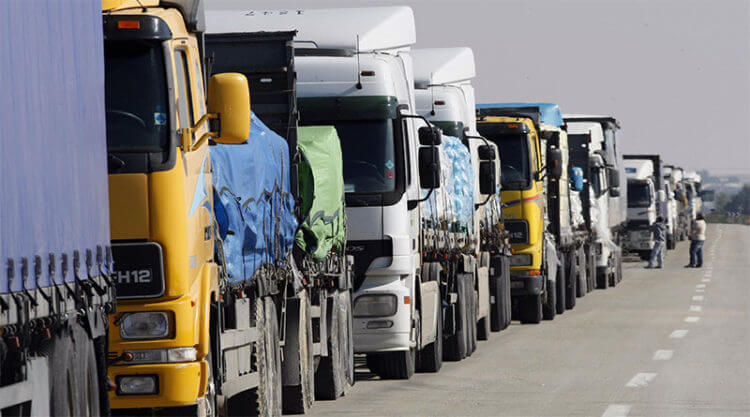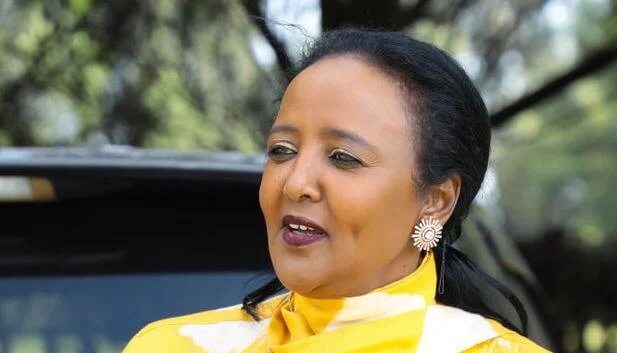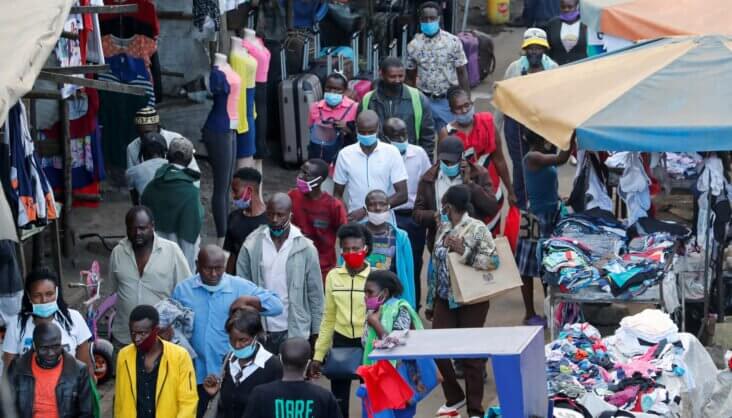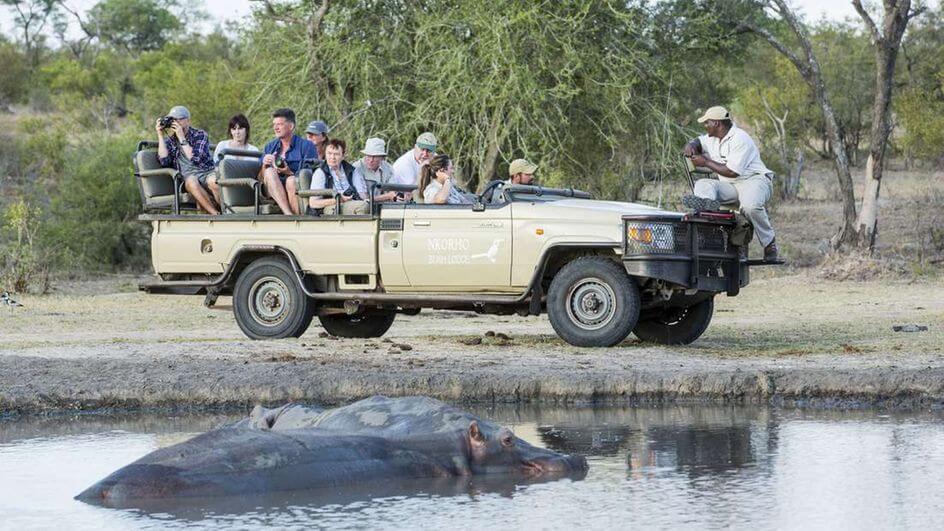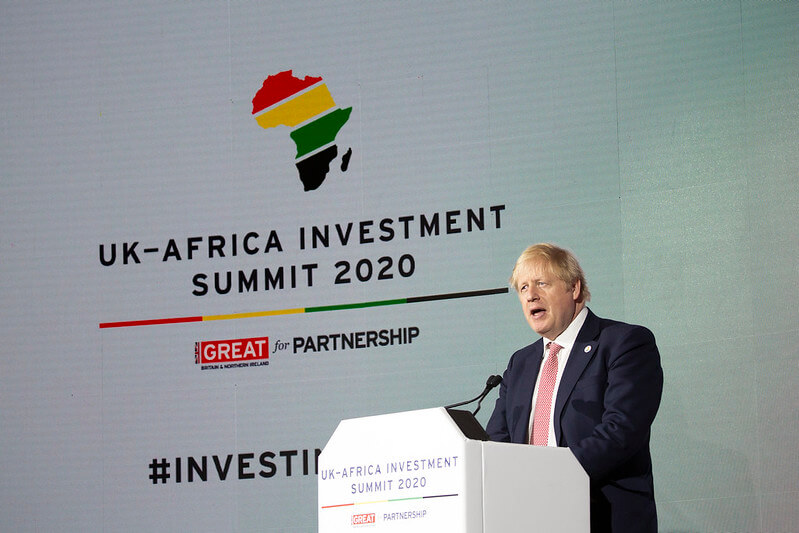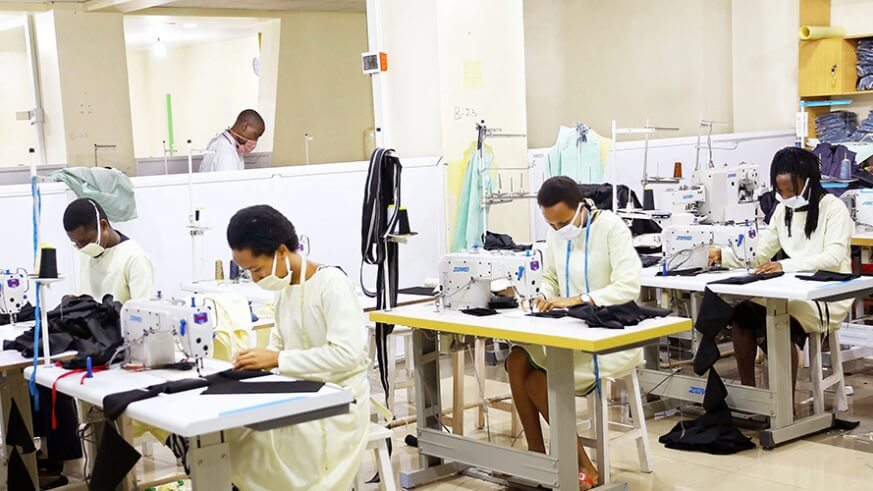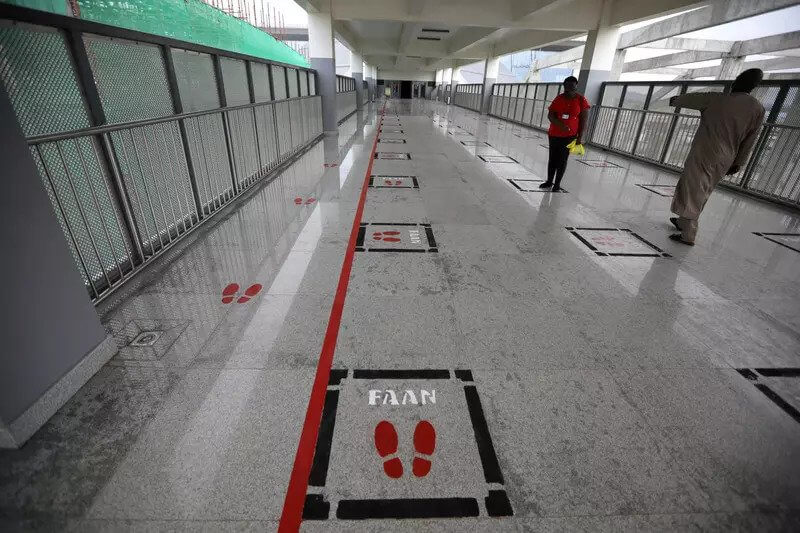Truck drivers also applauded the interventions the NCTTCA secretariat has put in place so far including the real-time quick response. Stigma along the Northern Corridor and delays at Malaba border crossing point are the biggest challenges facing transit truck drivers. The chairman of Kenya Long Distance Drivers and Conductors Association (LoDDCA), Mr Roman Waema said that truck drivers are not allowed to stop at designated areas in some counties in Kenya such as the Machakos for fear that they will spread the coronavirus. “Sometimes we are forced to drive for over four hours without stopping, going as far as 400km, just because people do not want us to stop in their neighbourhoods,” Waema said. The drivers said that they had been facing stigmatization in different places due to misinformation by the public with some being treated suspiciously even by very close family members. He was speaking during the launch of the sensitization campaign against the spread of COVID-19 and stigmatization along the Northern Corridor when the Northern Corridor Transit Transport Coordination Authority (NCTTCA) did a one week-long exercise of distributing 10,000 masks and reflective jackets to long distance truck drivers. The exercise was carried out in Mombasa and at the weighbridges- Busia, Webuye, Mariakani, Athi-River and Gilgil. Truck drivers also applauded the interventions the NCTTCA secretariat has put in place so far including the real time quick response through a WhatsApp group dubbed “Northern Corridor Stakeholders Forum”. “We appreciate the Northern Corridor Secretariat for their solidarity with the drivers and...
Transit truck drivers cite stigma and delays as the main Corridor’s challenges
Posted on: July 24, 2020
Posted on: July 24, 2020

